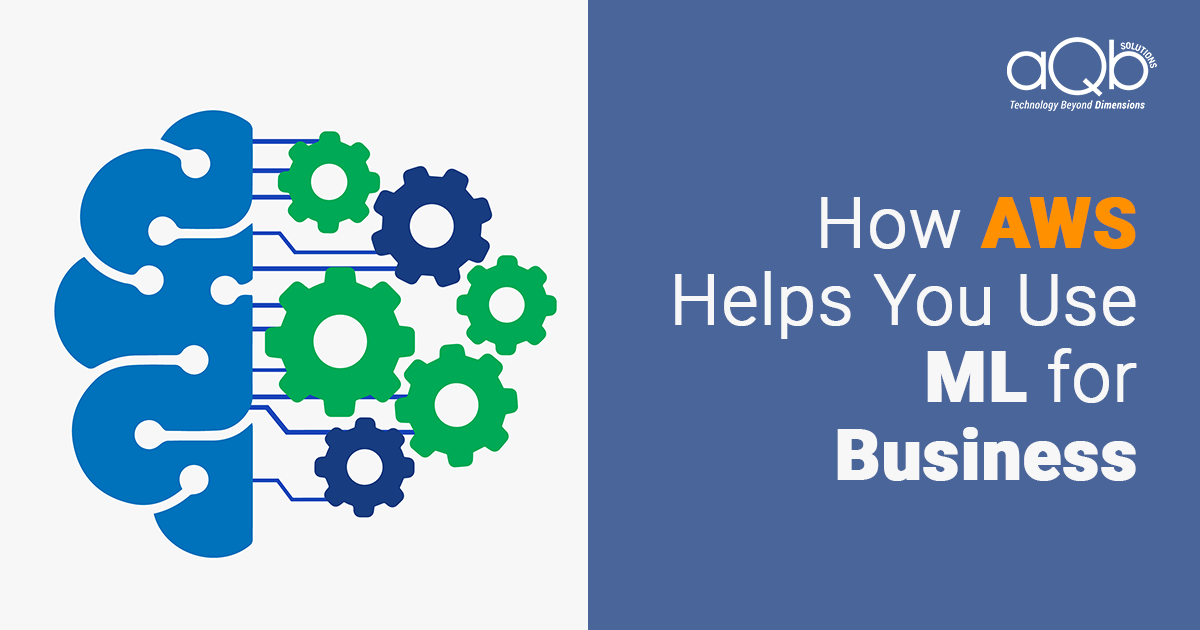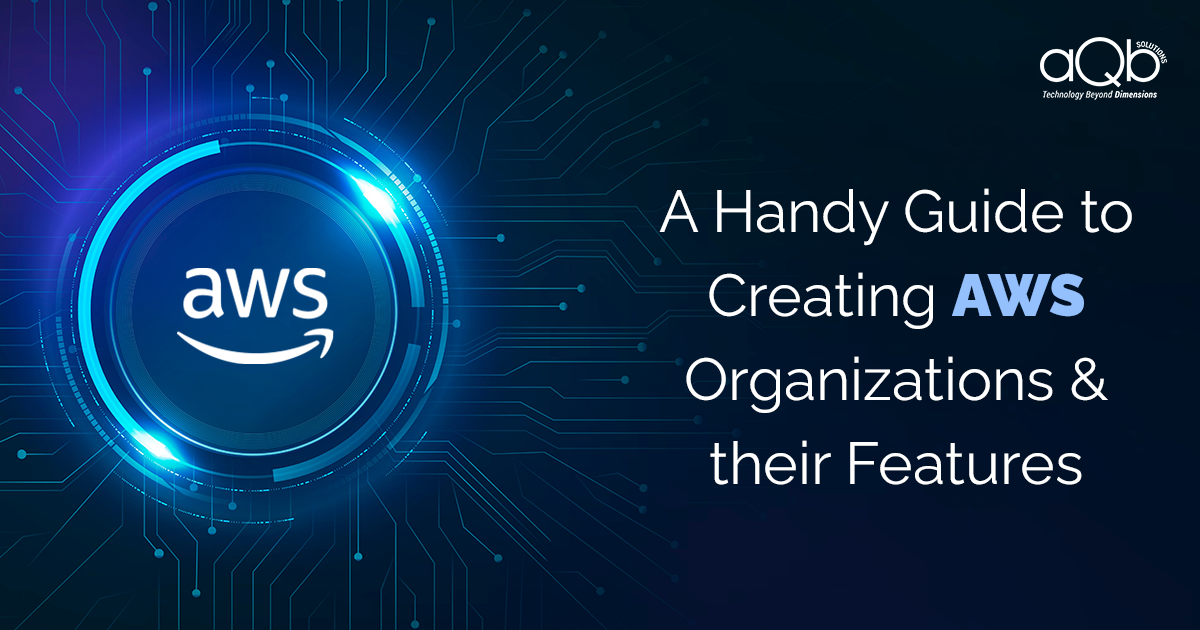Amazon Services or Amazon Web Services (AWS), as it is more popularly referred to as, is a subsidiary of Amazon. It provides on-demand cloud computing platforms to individuals, companies, and governments, on a paid subscription basis. The technology ensures that users have a virtual cluster of computers, available for use. Each AWS system also virtualizes its console I/O (keyboard, display, and mouse), allowing AWS subscribers to connect to their AWS system using a modern browser. The browser acts as a window into the virtual computer, letting subscribers log-in, configure and use their virtual systems just as they would a real physical computer.
AWS comprises more than 125 services including Amazon Elastic Compute Cloud (EC2) and Amazon Simple Storage Service (S3), mobile, security, hybrid, virtual and augmented reality (VR and AR), media, and application development. Amazon Web Services’ offerings can be accessed over HTTP, using the REST architectural style and SOAP protocol.
What is Machine Learning?
Machine Learning, a sub-sect of artificial intelligence (AI) discipline in which computer generates rules or predicts based on raw data that has been fed into it. Machine Learning applications include syntactic pattern recognition, natural language processing, search engines, computer vision, and machine perception
How does AWS help customers?
AWS which claims of having the broadest and deepest set of Machine Learning and AI services for your business focuses on simplifying the work of a developer, and thus use Machine Learning (ML) in better ways. Amazon aims at creating simple and user-friendly ML tools and services.
The users can choose from pre-trained AI services for computer vision, language, recommendations, and forecasting. AWS capabilities are built on the most comprehensive cloud platform, optimized for Machine Learning with high-performance compute, and zero compromises on security and analytics.
How does AWS make use of ML for business?
ML helps AWS perceive the customer needs better, thereby helping them secure their data.
Machine Learning is most commonly used for predicting future outcomes based on historical data. For instance, most companies deploy Machine Learning tools to predict salability statistics of their products in future fiscal quarters based on a particular demographic. They also make use of ML tools to predict satisfaction quotient of customer profile and also figure out the most dissatisfied or loyal customers, thereby helping organizations make more informed business decisions.
Successful implementation of ML in business includes a number of steps that include identifying the business challenge and also identifying the prediction that would benefit the business if ascertained. Next, data is collected, based on historical business metrics (transactions, sales, attrition, etc, and accordingly an ML model can be built based on that data.
Successful AWS implementations
AWS helps users in a number of ways.
Amazon Rekognition APIs (application programming interface), for instance, makes use of ‘DetectFaces’, that provides rich image metadata that can be applied for business-specific quality guidelines. It makes use of information like the number of faces, size of faces, and estimated age range, thus, allowing us to remove photo-level manual curation work.
Both Shaadi.com (an online matrimonial services portal) and Woo, a dating app, both use Amazon “Rekognition” — a Deep Learning-based image-analysis service.
Shaadi.com uses “Rekognition” to reduce the time it takes for a picture to appear on a user’s profile by 95% as a lot of time spent on manual moderation of the picture to see whether it matches the description or not.
Amazon will create more products and services with ML, in the days to come, and grab more market share. With 52 global security certifications, attestations, assurance programs, AWS claims to be the first global cloud service provider to earn this status in India. AWS reported $6.6 Bn of revenue in Q3 2018, globally; giving Microsoft’s Azure, Alibaba’s Aliyun and Google’s cloud services a stiff competition.
With a new data localization policy becoming operative, Amazon is working to align with the government requirements which calls for keeping data generated about Indian customers within the country.




